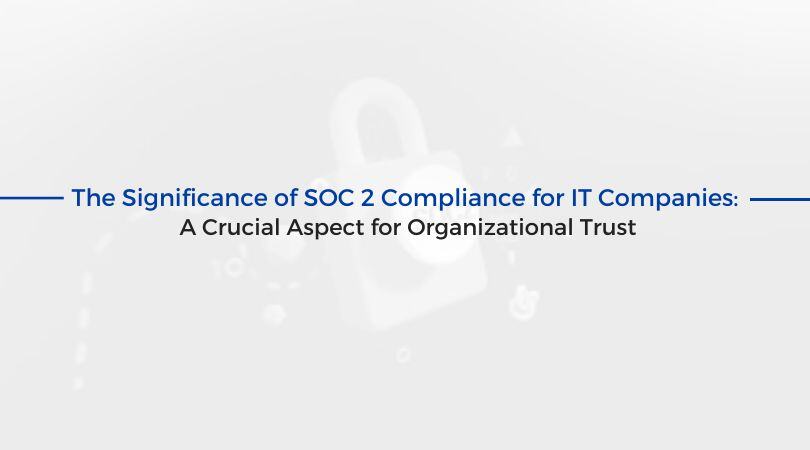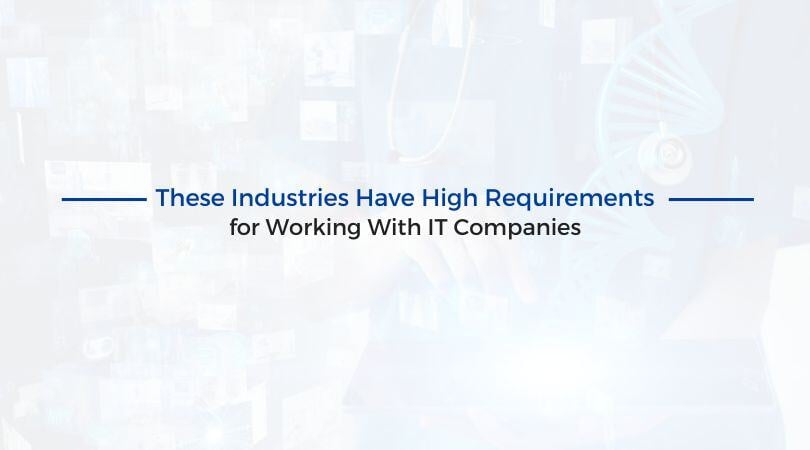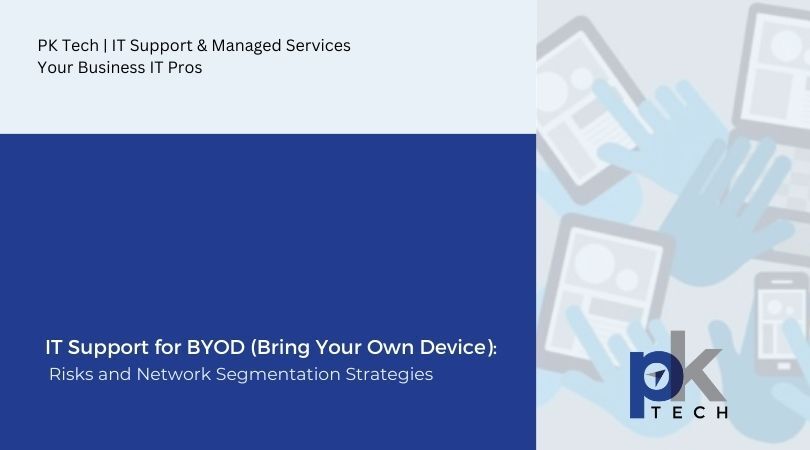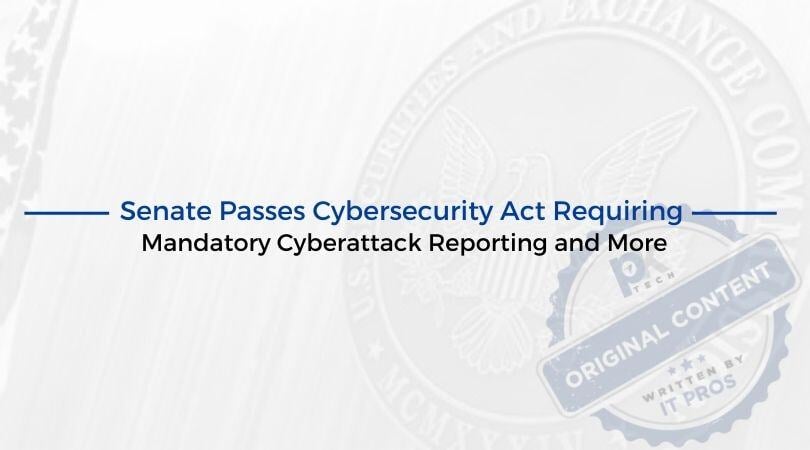These Industries Have High Requirements for Working With IT Companies
The integration of technology has become ubiquitous across industries, driving efficiency, innovation, and connectivity. As organizations...
2 min read
Megan Schutz : Updated on October 17, 2024

In a world filled with data breaches and information leaks, establishing trust is not only critical to your revenue stream, but it can be a competitive differentiator when closing new business.
Organizations are becoming increasingly reliant on external IT service providers to manage critical aspects of their operations. As a result, the need for robust cybersecurity measures has never been more pronounced. One key criterion that organizations look for when partnering with IT companies is SOC 2 compliance.
SOC 2, which stands for Service Organization Control 2, is a framework designed by the American Institute of CPAs (AICPA) to ensure that IT service providers securely manage data to protect the interests and privacy of their clients. Let’s delve into why organizations prioritize working with IT companies that adhere to SOC 2 standards.
SOC 2 is a popular and well-known form of cybersecurity audit, used by a rapidly growing number of organizations to demonstrate they take cybersecurity and privacy seriously. Here are five reasons why it matters if your Service Provider has taken the time and effort to achieve SOC 2 compliance.
Organizations deal with vast amounts of sensitive data, ranging from customer information to proprietary business data. SOC 2 compliance assures clients that an IT company follows stringent data security protocols, reducing the risk of data breaches and unauthorized access. This is crucial for maintaining the trust of clients and stakeholders.
With an ever-expanding landscape of data protection regulations, organizations must ensure that their IT partners comply with industry-specific requirements. SOC 2 provides a comprehensive framework that aligns with many regulatory standards, making it easier for organizations to demonstrate compliance and mitigate legal risks.
SOC 2 compliance involves assessing and addressing risks associated with information security. By working with IT companies that have undergone the rigorous SOC 2 audit, organizations can be confident that their service providers have implemented robust risk management processes, reducing the likelihood of operational disruptions and potential financial losses.
In the competitive IT landscape, trust is paramount. SOC 2 compliance serves as a third-party validation of an IT company’s commitment to security and reliability. Organizations are best served choosing IT partners with a proven track record of safeguarding client data, fostering a sense of trust and reliability in the business relationship.
In an era where news of data breaches and cyberattacks is prevalent, organizations are acutely aware of the potential damage to their reputation. Associating with SOC 2-compliant IT companies not only safeguards the organization against security threats but also enhances its own reputation by demonstrating a commitment to secure and responsible data management.
The decision for organizations to work with IT companies that have SOC 2 compliance is rooted in the need for robust data security, regulatory adherence, risk management, and the establishment of trust. As the digital landscape continues to evolve, the importance of SOC 2 compliance will likely grow, making it a critical factor for organizations seeking reliable and secure IT partners.
Did you know that PK Tech has earned our SOC 2 compliance? Read the full release here.

The integration of technology has become ubiquitous across industries, driving efficiency, innovation, and connectivity. As organizations...

In the past few years, and largely because of COVID, we’ve seen a dramatic increase in the adoption of BYOD (Bring Your Own Device) policies across...

Last Tuesday, the Senate passed new cybersecurity legislation regarding reporting of cyberattacks to the Cybersecurity Infrastructure Security Agency...